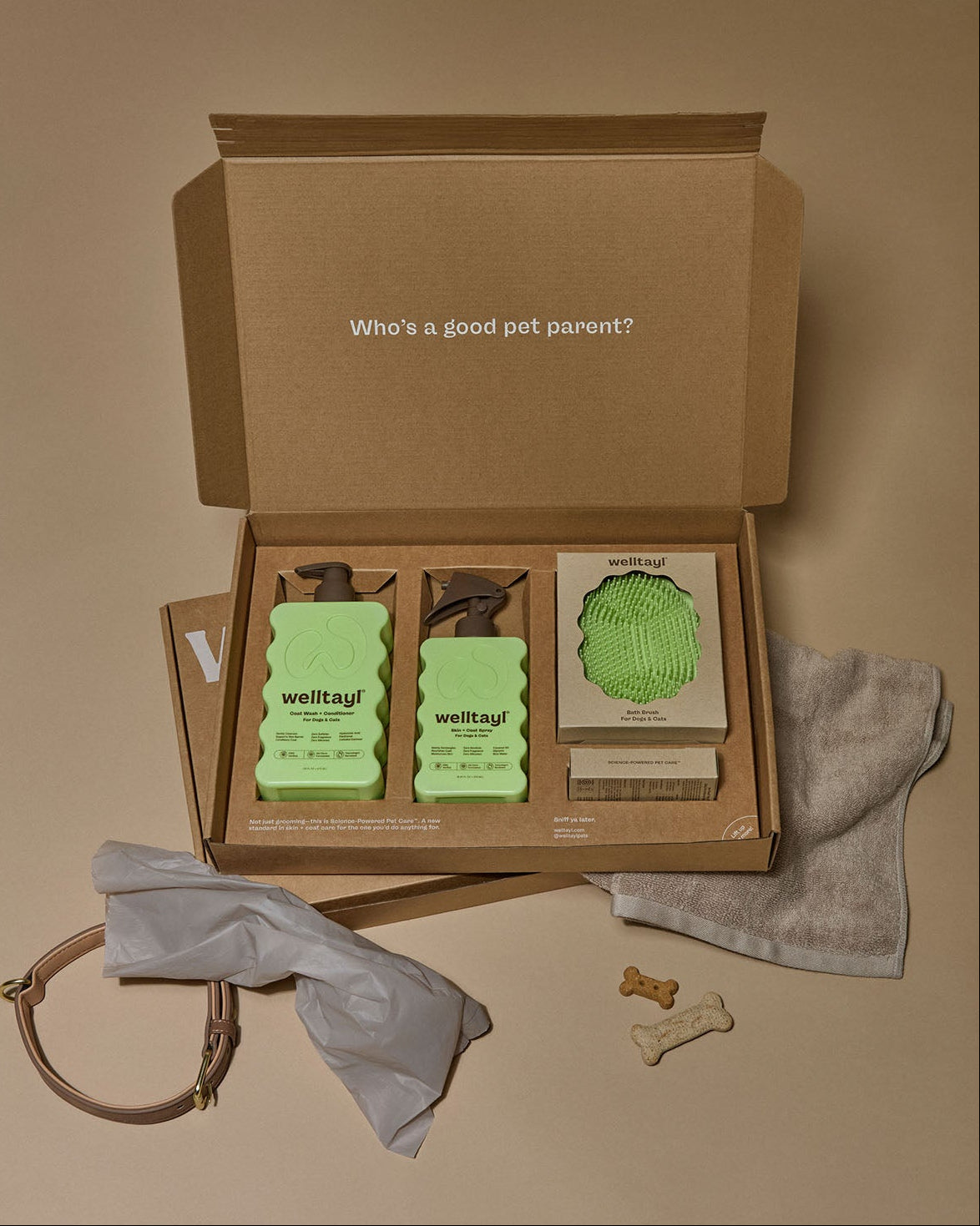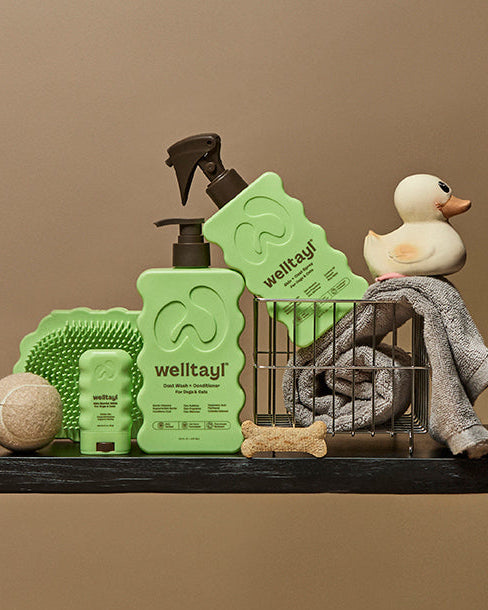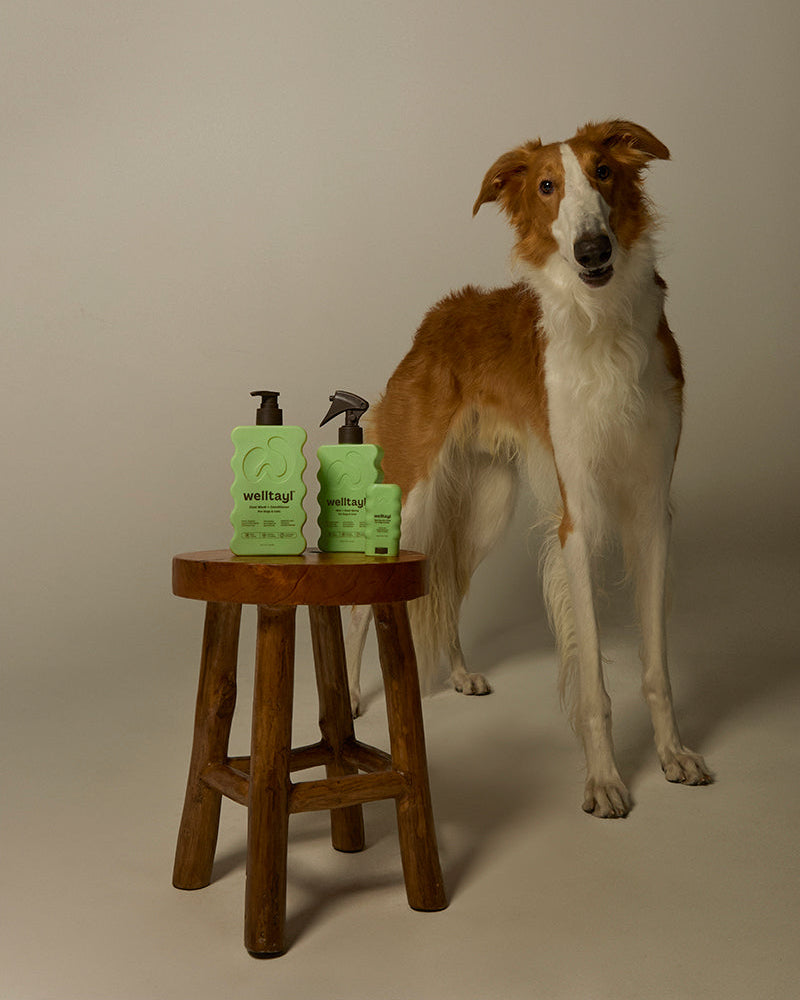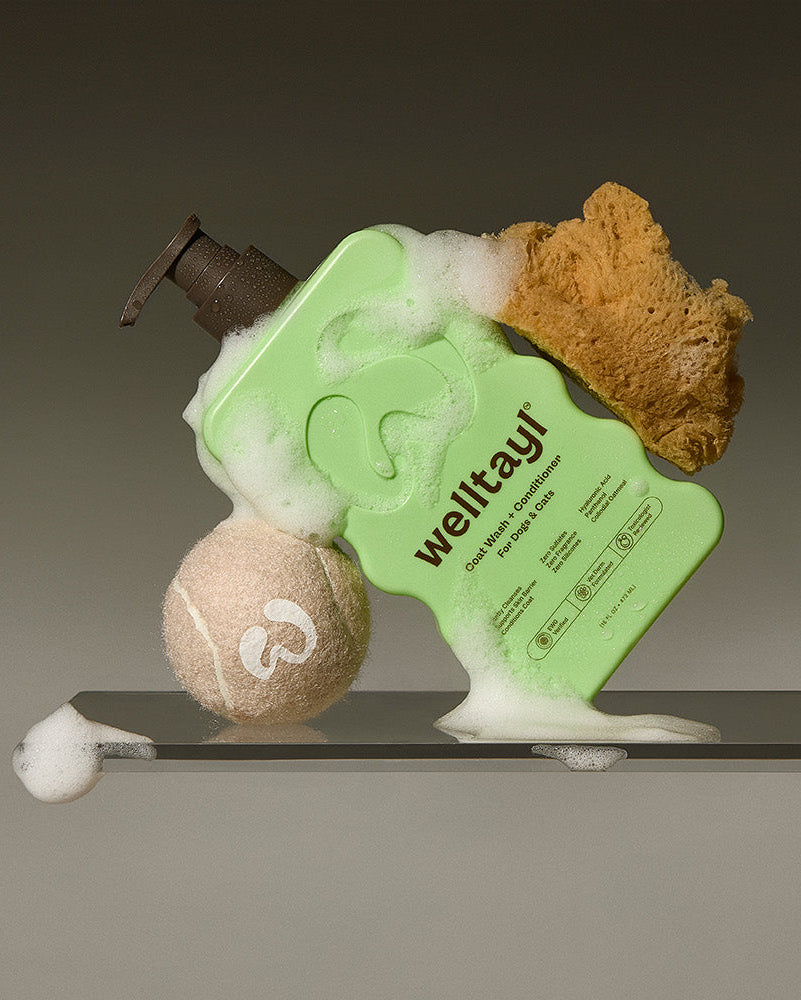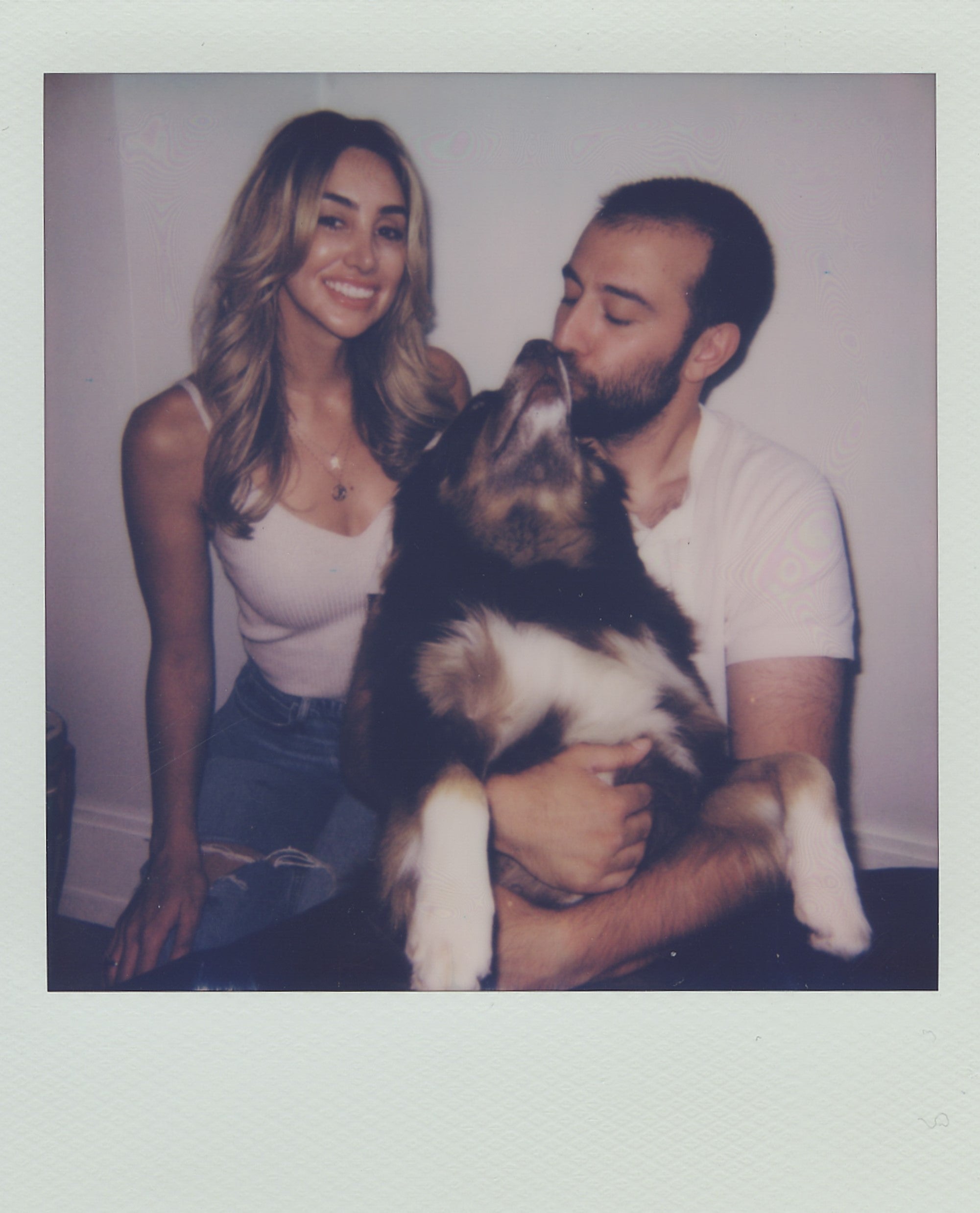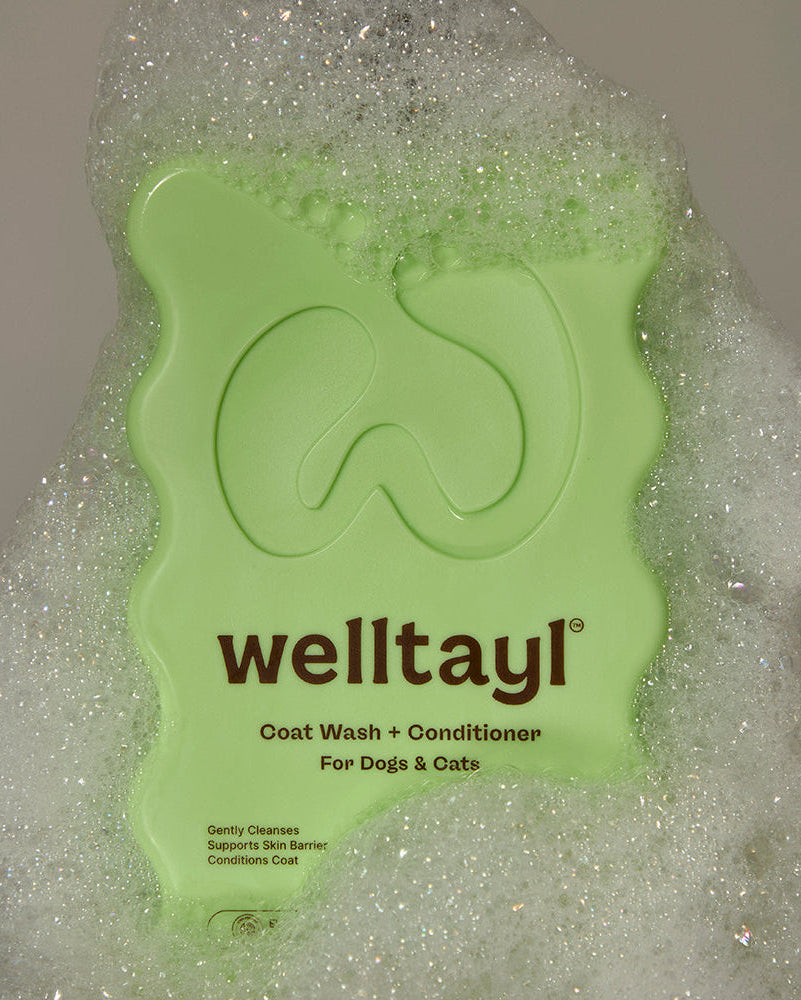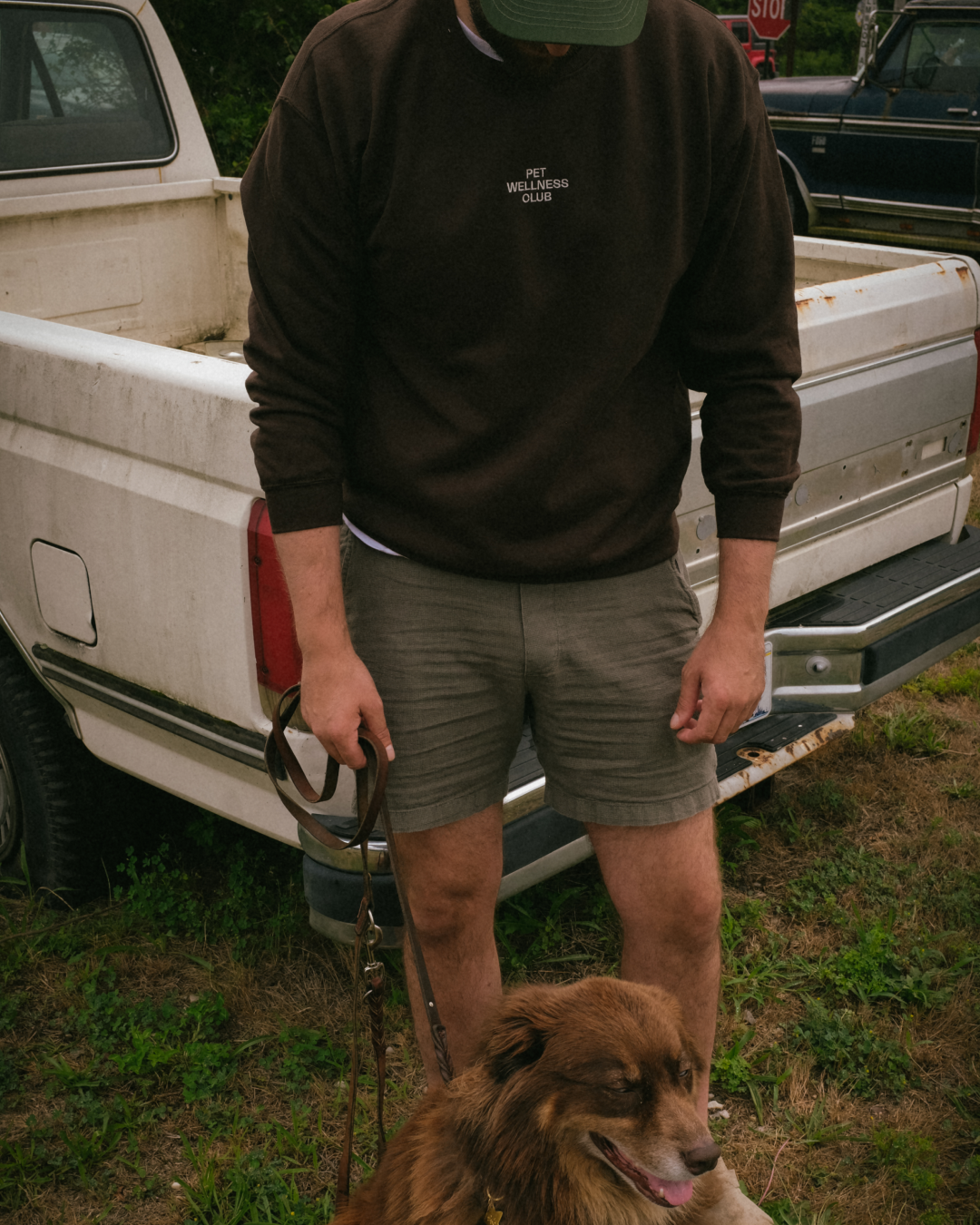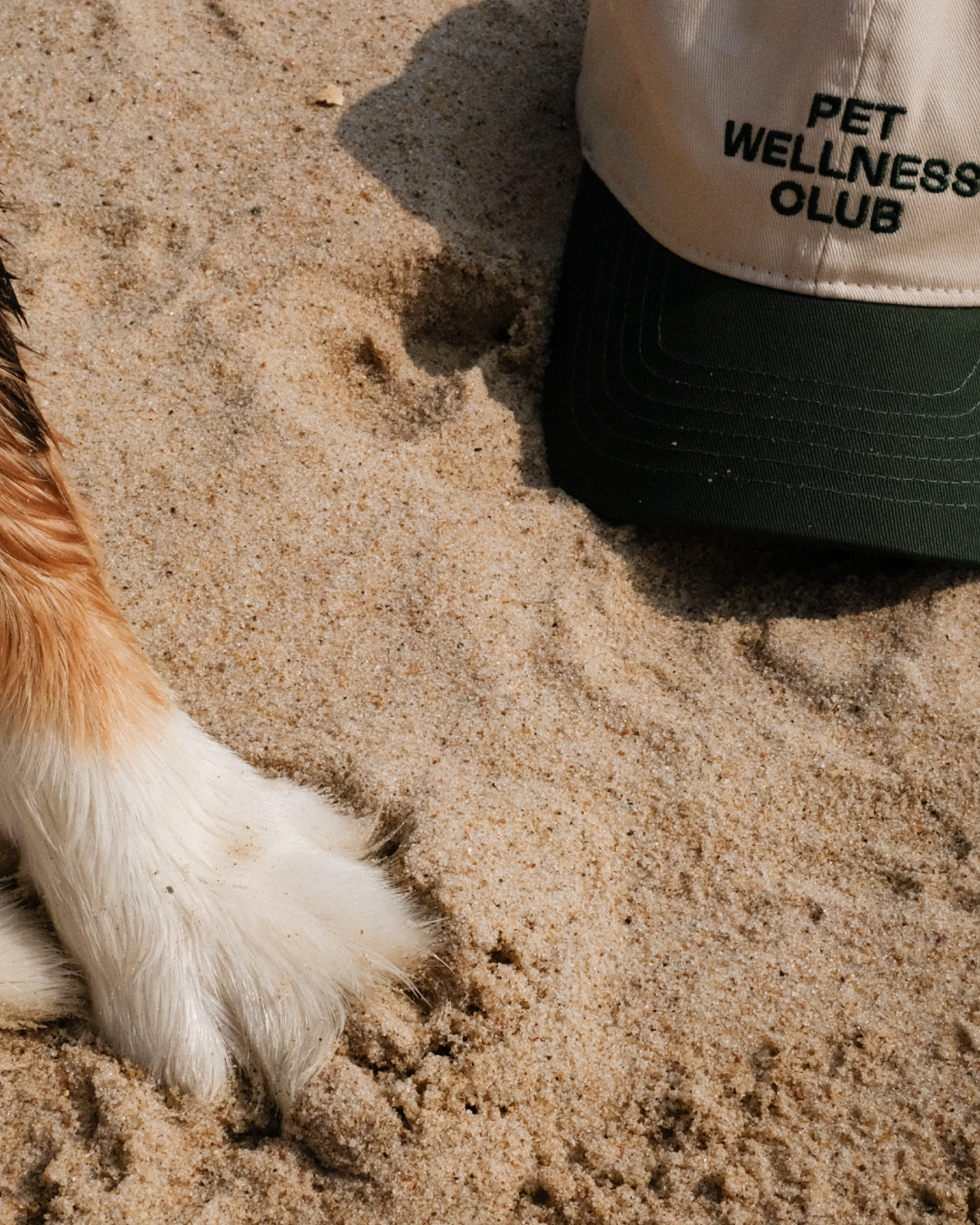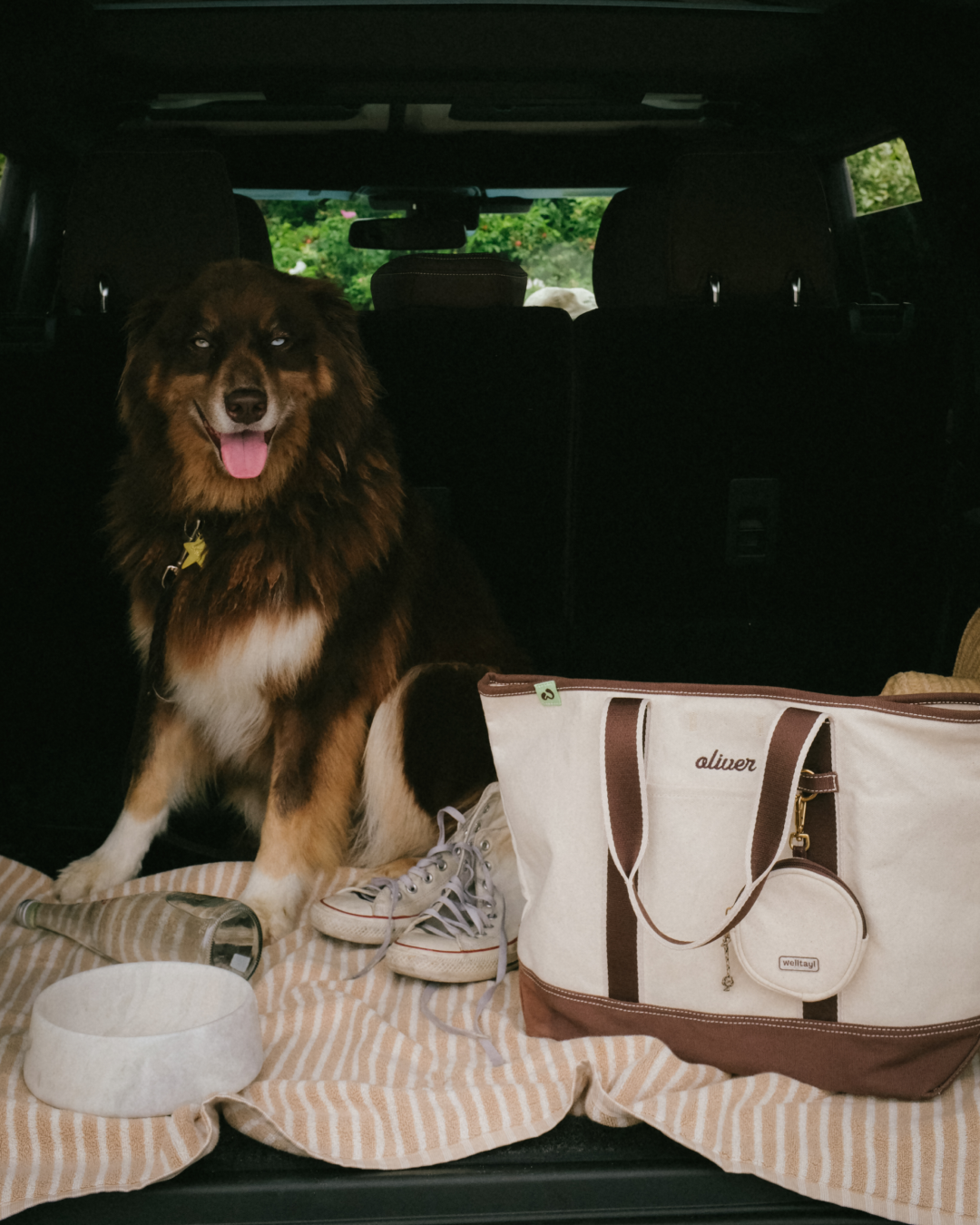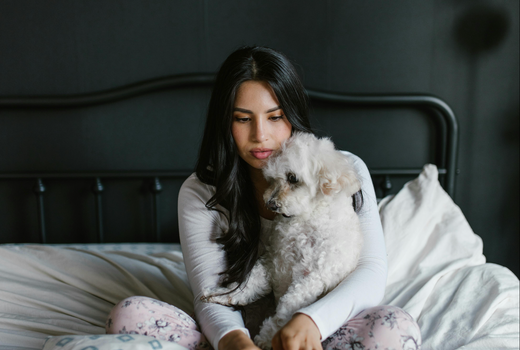Does your dog get anxious at night, making it hard for both of you to get a good night's sleep? You're not alone. Many dog owners face the challenge of calming their furry friends when the lights go out. Whether it's due to separation anxiety, fear of the dark, or loud noises outside, nighttime anxiety in dogs can be tough to manage.
- Key Takeaways
- Causes and Symptoms of Nighttime Anxiety in Dogs
- Effective Ways to Calm an Anxious Dog
- Additional Tips for Managing Nighttime Anxiety
- Conclusion
- Frequently Asked Questions
Key Takeaways
- 🛏️ Consistency is Crucial: Maintaining a routine for feeding, playtime, and bedtime helps alleviate nighttime anxiety in dogs.
- 🐾 Exercise and Mental Stimulation: Providing adequate physical and mental activities during the day can significantly reduce anxiety and promote better sleep.
- 💤 Comfortable Sleep Environment: Creating a cozy and quiet sleeping space, equipped with a comfortable bed, can make your dog feel more secure at night.
- 💆 Calming Techniques and Products: Using calming music, aromatherapy, or pressure wraps can help soothe an anxious dog.
- 🧑⚕️ Natural Remedies and Veterinarian Consultation: Considering natural supplements like CBD oil or herbal remedies, and consulting your veterinarian for medication if needed, can offer additional support for severe anxiety cases.
- 👍 Positive Reinforcement: Avoiding punishment and using positive reinforcement can encourage calm behavior and help reduce your dog's nighttime stress.

Causes and Symptoms of Nighttime Anxiety in Dogs
Nighttime anxiety in dogs can manifest as restlessness, whining, or even destructive behavior. Understanding the root causes can help effectively address these issue.
Causes of Nighttime Anxiety
- Separation Anxiety: Separation from owners, especially during the night, can cause anxiety. This is common in dogs that are very attached to their human companions especially if expected to sleep outside of their owner’s bedroom.
- Fear of the Dark: Some dogs develop a fear of the dark, leading to anxiety once the lights go off.
- External Noises: Sounds like fireworks, thunderstorms, or even traffic can trigger anxiety in dogs.
- Health Issues: Underlying health problems can cause nighttime anxiety. Pain or discomfort can keep your dog from feeling at ease.
- Lack of Stimulations During the Day: Inadequate physical and mental activity during the day can make your dog restless at night.
- Changes in Routine: Routine disruptions impact a dog's anxiety significantly. Instances like traveling, new guests, or altered walk and feeding times can cause stress.
Symptoms of Nighttime Anxiety
- Restlessness: Pacing, moving around the room, or frequent changes in resting positions.
- Vocalization: Whining, barking, or howling, particularly if left alone.
- Destructive Behavior: Chewing furniture, scratching doors, or other destructive activities.
Understanding and addressing the root causes of your dog's anxiety at night can lead to a more restful night for both you and your pet.
Effective Ways to Calm an Anxious Dog
Discover essential strategies to help your dog feel more secure and stress-free at night.
Maintain a Consistent Routine
Establishing a routine is crucial in reducing anxiety. Keep a regular schedule for walk time, feeding time, playtime, and bedtime. Travel or sudden changes in the household can exacerbate anxiety, so maintaining consistency is key.
Create a Comfortable Sleep Environment
Ensure a cozy, secure sleeping area.
- Bed Location: Move the dog bed closer to you, especially for dogs with separation anxiety.
- Comfortable Beds: Choose beds with soft materials.Certain bed shapes, like a donut shape, allow your dog to nestle and feel secure.
- Quiet and Calm: Maintain a quiet and calm environment before bedtime.
Provide Adequate Exercise and Mental Stimulation
Exercise reduces anxiety by burning off excess energy. Engage in activities like walking or playing fetch. Mental stimulation, like puzzle toys or training sessions, keeps your dog's mind active and satisfied.
Use Calming Techniques and Products
Several techniques and products can help calm an anxious dog.
- Music: Play calming music or white noise to drown out disturbing sounds.
- Aromatherapy: Use essential oils like lavender or chamomile in a dog-safe diffuser.
- Pressure Wraps: Employ pressure wraps or anxiety vests that provide gentle, constant pressure, similar to swaddling.
Consider Natural Supplements and Therapies
Natural remedies can support anxiety relief.
- Herbal Remedies: Supplements like valerian root or L-theanine can have calming effects.
- CBD products: Consult your vet about CBD products, which have shown promise in reducing anxiety in some dogs.
Discuss Medication with Your Veterinarian
For severe cases, medication may be necessary. Consult your vet for prescription options tailored to your dog's specific needs. Medications can provide immediate relief while you work on behavior modification and other long-term solutions.
For more information on your dog and tips on keeping your dog healthy, join the Welltayl newsletter! It’s easy and full of vet-approved knowledge and useful advice for dog lovers like you.

Additional Tips for Managing Nighttime Anxiety
These additional tips can further help manage your dog's nighttime anxiety, ensuring a peaceful night's sleep for both you and your pet.
Avoid Punishment
Refrain from punishing your dog for anxious behavior. Punishment can exacerbate anxiety, making the situation worse. Instead, use positive reinforcement to encourage calm behavior. Offer treats or praise when your dog remains quiet and relaxed.
Gradually Desensitize Them to Triggers
Identify and gradually expose your dog to anxiety triggers in a controlled manner. If your dog reacts to thunderstorms, play recordings of thunder at a low volume, gradually increasing it over time. Pair this with positive reinforcement, like treats or playtime, to create a positive association.
Conclusion
Helping your dog overcome nighttime anxiety requires patience and consistency. By understanding the root causes and employing effective strategies, you can create a more peaceful environment for your furry friend. Make sure to maintain a consistent routine, provide adequate exercise, and create a comfortable sleep space. Use positive reinforcement and gradually desensitize your dog to anxiety triggers. If necessary, consult your vet for additional support. With these steps, both you and your dog can enjoy restful nights and a happier life together.
Stay Updated with More Pet Knowledge!
For more pet info and knowledge, consider signing up for the Welltayl newsletter. It's packed with helpful advice tailored to dog owners like you, ensuring your furry friends stay healthy and happy. Sign up today and keep up to date with the latest in pet care.
Frequently Asked Questions
How can I calm my dog at night?
Maintain a consistent routine, provide plenty of exercise, and create a comfortable sleep environment. Use calming techniques like soft music and aromatherapy. For severe cases, consult a veterinarian for management options.
What causes nighttime anxiety in dogs?
Nighttime anxiety can be caused by separation anxiety, fear of the dark, external noises like fireworks or thunderstorms, lack of physical and mental stimulation, underlying health issues, or changes in routine.
How can I keep my dog calm during thunderstorms or fireworks?
Desensitize your dog by gradually exposing them to these sounds using recordings of thunderstorms or fireworks at low volumes while providing positive reinforcement. Create a safe, cozy space and consider using calming aids like anxiety wraps or CBD products, after consulting your veterinarian.
Can exercise reduce nighttime anxiety in dogs?
Yes, regular physical and mental stimulation during the day can help reduce nighttime anxiety by keeping your dog enriched and satisfied. Ensure you provide sufficient exercise and interactive play, so your pup is tired at night.
Are there any natural supplements that can help with dog anxiety?
Yes, natural supplements like valerian root, chamomile, and L-theanine can help calm anxious dogs. Always consult with a veterinarian before introducing any new supplements.
Resources:
- “CBD for dog anxiety," PubMed
- “Signs and management of anxiety in dogs," PubMed
- “Separation anxiety management," PubMed Central
- "Pressure wraps for dogs," Veterinary Evidence
- "Storm anxiety in dogs," PubMed
- "Benefits of sleeping with your pet," PubMed Central
Read more

Learn how to prepare for bringing a new dog home with tips on creating a safe space, introductions, and initial training. Build a strong bond with your furry friend!

Learn about foods, plants, and household hazards harmful to dogs. Identify symptoms of toxicity and respond quickly to keep your dog safe. Take action now!

